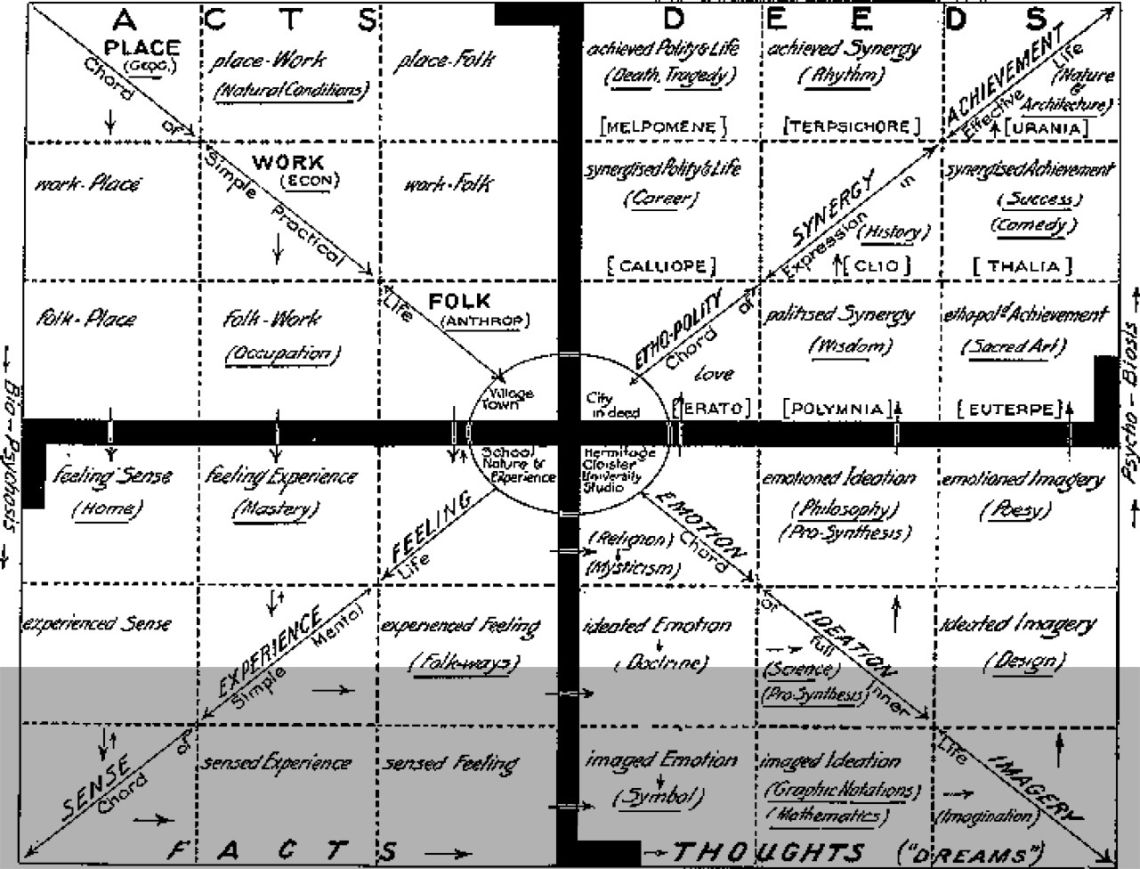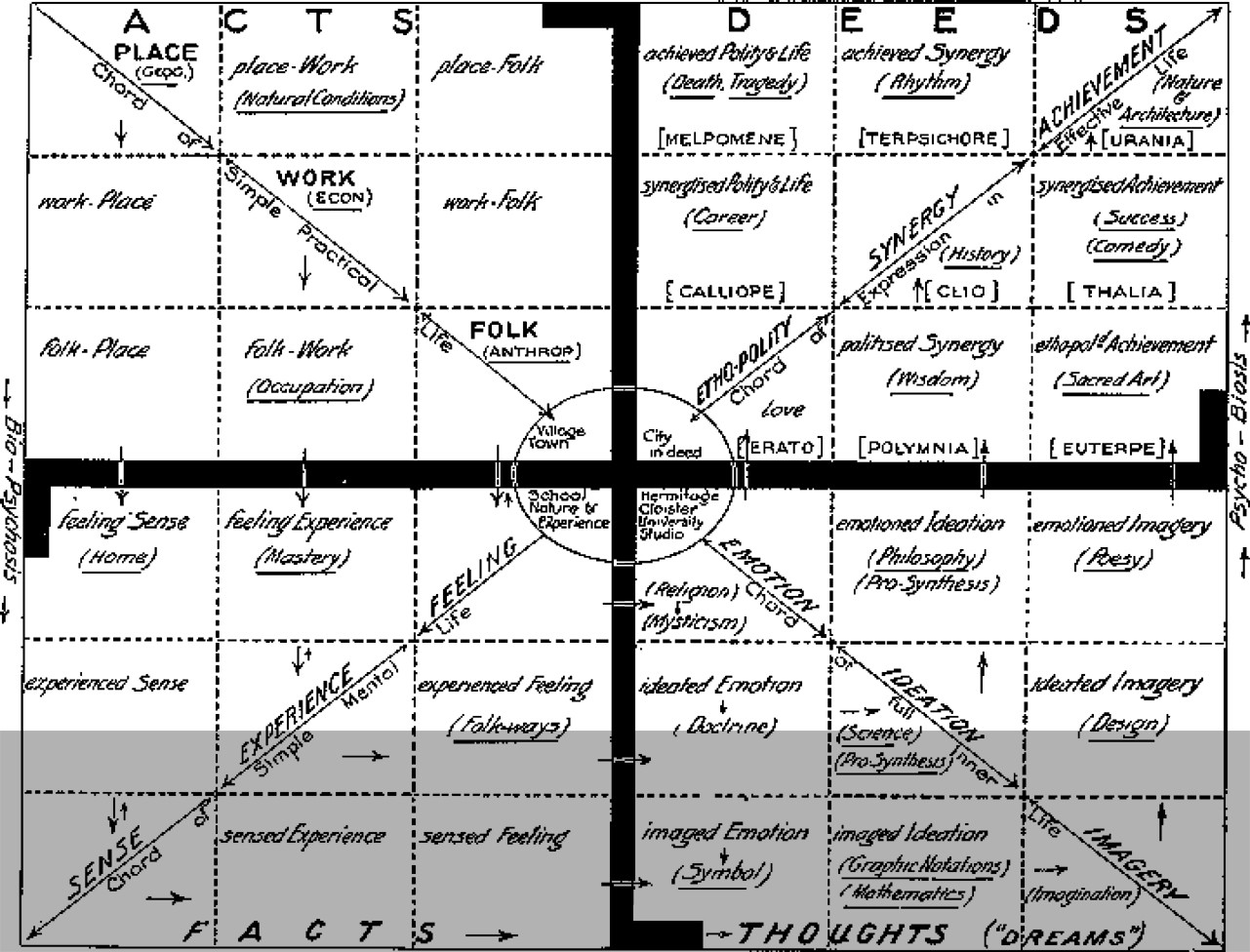Flooding ourselves
Local knowledge may be the best response to natural disaster and bureaucratic inefficiency (The Hindu 17.08.2019)
Local knowledge may be the best response to natural disaster and bureaucratic inefficiency (The Hindu 17.08.2019)
How design competitions waste time, money and potential. (The Hindu 23.06.19)
Connecting humans to each other and the environment is the 21st century’s biggest challenge. (The Hindu 25.05.2019)
India’s most loved profession needs a reality check (The Hindu 27.04.2019)
Why Fort Kochi is a lesson that urban planners can integrate into a larger vision for India (The Hindu 02.03.2019)
What the world’s largest city can teach us about local development (The Hindu 16.02.2019)
All habitats are made up of the sounds of water, as they flow in and out of people, kitchens, bathrooms and sewers (The Hindu 20.01.19)
Can collective intelligence save us from self-destruction? (The Hindu 06.01.2019)
A town which has roots in the Neolithic Age struggles with the ups and downs of modernity. (The Hindu 09.12.2018)
Stylistic confusion and the great Mumbai mashup tradition. (The Hindu 08.07.2018)
Groupthink dominates social networks and participatory projects (The Hindu 18/4/18)
How did we lose the thread of context-driven architecture and planning? (The Hindu 31/3/18)
Two powerful archetypes — the village and the city — are resolved in a third one: the slum (The Hindu 18/3/2018)
The more diversified a neighbourhood, in terms of its uses, its composition and its physical expressions, the more efficient it is in terms of economic and cultural dynamism. (The Hindu 4/3/2018)
A global trend may be more fantasy than substance. (The Hindu 17/02/2018)
The overlooked importance of local construction activity. (The Hindu 21/1/2018)
Emerging political boundaries can help us rethink other categories. (The Hindu 3/12/2017)
How one of Sao Paulo’s largest favelas became a nice neighbourhood
How renewed attention to urban-rural linkages may reshape the urbanisation debate. (The Hindu 5/11/2017)
One small indomitable neighbourhood holds out against the planners (and changes the plan). (The Hindu 22.10.2017)
Anyone who has commuted on trains during rush hour knows there’s something deeply tolerant about the Mumbaikar (The Hindu 07.10.2017)
Not all is worthy of the bin! Our latest column in The Hindu explores features of Indian urbanism that could inspire cities around the world. (The Hindu 24.09.2017)
Nature holds something far more precious than wood, coal and minerals — something which industrial practices have been destroying in their crude quest for cheap bucks. (The Hindu, 10.09.17)
On how nature and economy share a common destiny (The Hindu, 27.08.17)
Lessons from a century-old plan for Indore by Scottish planner Patrick Geddes (The Hindu, 14.08.17)
Recent research in Dhaka show that accommodation and housing are related but distinct needs. (The Hindu, 30.07.17)
The organisation of the G20 reflects its democratic deficit. Not only did the G20 summit turn parts of Hamburg into a virtual fortress, it also made hostages of thousands of peaceful protesters and residents. (The Hindu, 16.07.17)
India’s financial capital does infantilise its own indigenous history. But it also celebrates the past.
Reviewing Sondgo and its functioning residential and work places, thirteen years after the initial plans were drafted. (The Hindu, 19.06.17)
Privatisation, if seen as an exclusive way to regularise settlements, increases the risk of political manipulation and real-estate speculation. (The Hindu, 29.03.17)
How global cities can reinvent themselves by going local. (The Hindu, 03.05.17)
A community struggling with water and identity finds hope in nature and culture. (The Hindu, 11.04.17)
With one foot in the village and the other in the city, migrants have done more to urbanise India than any development scheme (The Hindu, 12.03.17)
This is the first of our fortnightly column in The Hindu Sunday Magazine. This week we explore how the rapid absorption of smart technologies is transforming how business is done in Dharavi and all over India. (The Hindu, 26.02.17)

